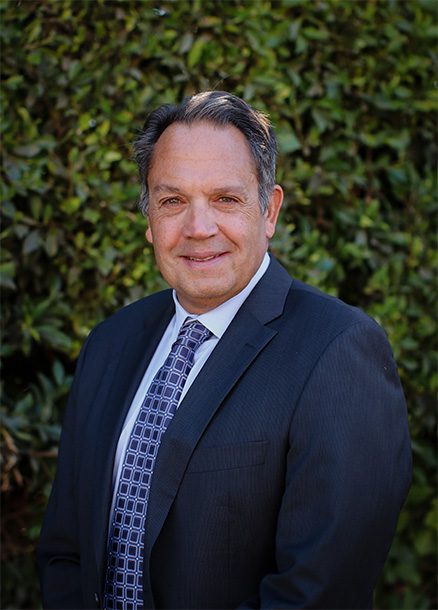A Solution For Financial Literacy & Wealth
Posted on: May 14, 2021
Botti & Morison Estate Planning Attorneys, Ltd.
Financial literacy does not require a unique set of skills, specialized knowledge, or even excessive risks. You can choose a path that can, over time, make you a self-made millionaire, provided you are a millennial or younger. Americans who achieve millionaire and multi-millionaire status using the Saver & Investor technique took about 32 years to accumulate multi-million-dollar wealth. Some reached it as early as 18 years. These people are called saver-investors, and when you encounter one, they might not seem that rich at first glance.
Saver-Investors typically are ordinary people without any particular advantages in life. They did not come from a wealthy family. Nor did they have unique or advanced skill sets that brought in high salary income. Primarily, investor-savers did not attend elite universities, get advanced degrees, inherit money, or own high-end cars, clothes, or homes. What saver-investors have is the disciplined ability to follow two simple rules that help them reach higher levels of financial literacy.
Rule #1
You must save 20% or more of your income and have the discipline to live off the other 80%.
Rule #2
You must consistently and prudently invest your savings—prudent investing means doing your homework for each investment vehicle and continuously monitoring its progress. Typically, people following the Saver and Investor technique puts their money in retirement plans like a 401(k), equities, and real estate and then let valuations grow.
Why isn’t everyone rich if the key to wealth and financial literacy can be broken down into two basic rules? Quite simply, it comes down to habits, specifically people’s financial habits. It requires enormous fiscal discipline and a long-term commitment to become a saver-investor. It can require sacrifices, like running a side business or working a second job.
John Jacob Astor famously said, “Wealth is largely the result of habit.” Long-term wealth creation builds on the consistent application of sound financial habits.
How To Manage Your Financial Habits
1. Eliminate distractions by learning to say no. Suppose something does not align with your goals and keeps you from moving forward. In that case, it is a distraction and should be removed.
2. When you do say yes, say it infrequently. Say yes to the things directly tied to your goals and dreams.
3. Grow your financial literacy and develop new skills. Every day you need to learn something new. Use this new knowledge or expertise often to maintain and perfect your skills.
4. Save money because it gives you more opportunity, empowers you, and gives you greater freedom. Opportunities are only as good as the financial resources you have to take advantage of them.
5. Surround yourself with other like-minded individuals because social circles influence our feelings, thoughts, and behaviors.
6. Calendar your day by the hours or even half hours to be highly effective. Isolate blocks of time in pursuit of those things that will help you build a foundation for success through financial independence.
7. Finally, develop patience.
Acquiring wealth as a Saver-Investor takes time. Remember to survive when things get tight in day-to-day life until you thrive. Good luck will not make you wealthy; the persistence of solid financial habits will.
You Can Thrive using 80% of Your Income
Living off 80% of your income includes choosing to live a modest life. Warren Buffett still lives in his first home, purchased in 1958. He drives an ordinary car and wears simple clothes and jewelry. Despite being a billionaire, he has perfected his style of the Saver and Investor technique that everyday people can live by.
Here are a few examples. If you have children, send them to public schools. If they need more or better education, supplement their learning by teaching them or signing them up for free online courses. There has never been a better time for humans to learn how to gain wealth.
The internet has an abundance of information in the palm of our hands. If you genuinely want to be wealthy, develop better habits, live modestly, and practice the Saver and Investor method. Do this, and you will find financial literacy.
What Comes Next, You Ask?
The next step is to plan to protect your wealth with an estate plan. You’ve worked hard for what you have, so why put it at risk? Estate taxes and probate (the legal process of distributing your assets after you are gone) cost thousands of dollars, even if you have a will. Money that should go to your loved ones will go to the government and probate lawyers. Because of this, it would be best to establish a comprehensive estate plan to protect your hard-earned assets.
You can eliminate all costs of probate with proper planning.
Proper estate planning confers a feeling of empowerment, knowing that your family is protected from unnecessary probate expenses and potentially devastating tax burdens. More importantly, your final wishes will be followed. Give us a call at 877-585-1885 to discuss your planning options.
Thanks for reading.
Christopher E. Botti, Esq., Certified Specialist in Estate Planning, Trust and Probate Law







